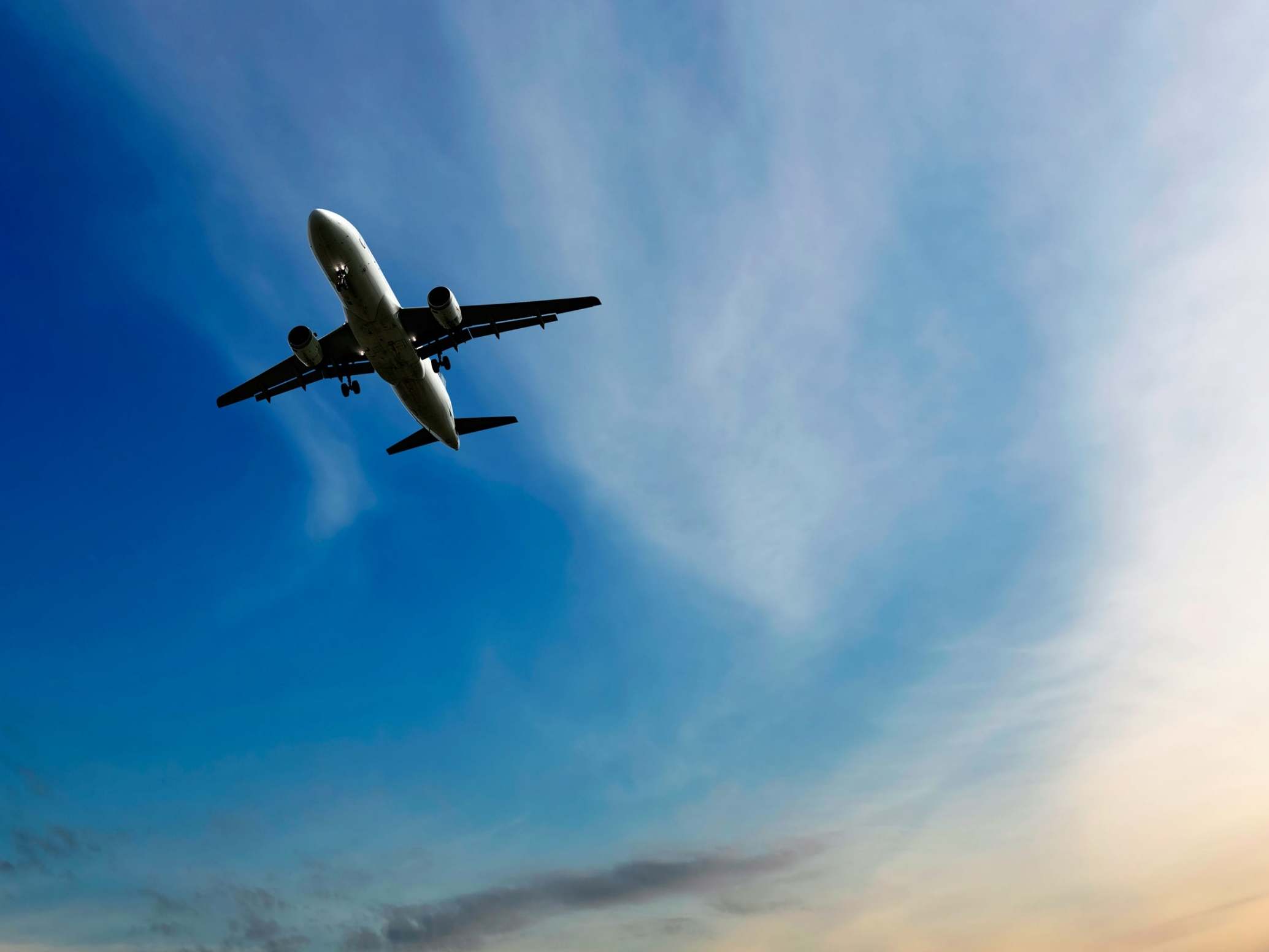UK aviation industry promises to be carbon neutral by 2050
Passenger numbers over the next 30 years are projected to grow by 70 per cent

Your support helps us to tell the story
From reproductive rights to climate change to Big Tech, The Independent is on the ground when the story is developing. Whether it's investigating the financials of Elon Musk's pro-Trump PAC or producing our latest documentary, 'The A Word', which shines a light on the American women fighting for reproductive rights, we know how important it is to parse out the facts from the messaging.
At such a critical moment in US history, we need reporters on the ground. Your donation allows us to keep sending journalists to speak to both sides of the story.
The Independent is trusted by Americans across the entire political spectrum. And unlike many other quality news outlets, we choose not to lock Americans out of our reporting and analysis with paywalls. We believe quality journalism should be available to everyone, paid for by those who can afford it.
Your support makes all the difference.The UK aviation industry has pledged to cut carbon emissions to zero in the next 30 years.
Aviation industry executives from airlines and airports will commit to cut carbon emissions from 30 million tonnes of CO2 to zero by 2050.
It comes despite a projected 70 per cent growth in passenger numbers over the next 30 years.
The reduction in emissions will come from new aircraft and engine technology, as well as use of sustainable aviation fuels and aviation policy, according to industry group Sustainable Aviation.
Several airlines have unveiled sustainable measures in a bid to reduce their carbon emissions – to mixed response.
British Airways, while buying up more fuel-efficient aircraft, has promised to offset its domestic flights from this year, as well as investing $400m in biofuels.
Meanwhile, easyJet is working with Wright Electric to design an electric plane for short-haul journeys under 500km.
“Climate change is a clear and pressing issue for people, businesses and governments across the world,” said Neil Robinson, chair of Sustainable Aviation.
“We know aviation emissions will increase if decisive action is not taken, and that’s why UK aviation today commits to achieving net zero carbon emissions by 2050, through an international approach, working with governments around the world and through the UN.
“The UK is well positioned to become one of the leaders in the green technologies of the future, including sustainable aviation fuels and electric flight, creating highly-skilled and well-paid jobs in the process.”
Transport secretary Grant Shapps said: “The fight against climate change is one of the greatest challenges facing the modern world, but the aviation sector’s commitment today is a huge step forward in creating a greener future.
“Aviation has a crucial role to play in reducing carbon emissions, and with the help of new technologies, renewable fuels and our continued international co-operation through the UN agency, the International Civil Aviation Organisation, we’ll be able to strike that balance, creating a greener and cleaner future.”
John Holland-Kaye, the chief executive of Heathrow airport, told the BBC’s Today programme: “The answer is not to stop people flying. It has to be about decarbonising aviation.
"When the government blocked Heathrow expansion 10 years ago, people started flying through Amsterdam and Paris instead, taking two flights instead of one and not a single tonne of carbon was saved."
The Independent’s Helen Coffey has pledged to go flight-free for 2020. Follow her journey here.
Join our commenting forum
Join thought-provoking conversations, follow other Independent readers and see their replies
Comments